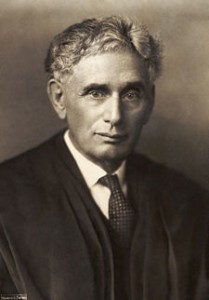A Judicial Visit to the Classroom
Thanks to the Hon. Diane S. Sykes (Marquette University Law School, ’84) for speaking to my Wisconsin Supreme Court class this afternoon. Judge Sykes now serves on the Seventh Circuit Court of Appeals, but spent five terms on the Wisconsin Supreme Court and shared something of her experience on the court and about the nature of a collegial court with students.
One of the things that I hoped was clear to the students is the notion that even these experienced and gifted lawyers on a court of last resort struggle with the law. Minds change and dissents become majority opinions. While differences in philosophy are real (Judge Sykes does not shy from referring to “conservative” and “liberal” jurists while warning that these labels are not comprehensive and their use is complicated), judges grapple with hard cases and their differences are not simply consequentialist. She talked briefly about a decision — which she knew we had discussed in class — about whether a condition of probation might be that the defendant (who had been convicted of wilful failure to support his nine children) refrain from having further children until he could support those he already had (a state of affairs that was extremely unlikely). While the potential consequences are unpalatable, then Justice Sykes (joined in dissent by two “liberal” justices, Chief Justice Shirley Abrahamson and Justice Ann Walsh Bradley) concluded that the law prohibited such a condition. Even if we disagree with that view, the recognition that hard cases can make bad law should be married to the idea that they should not.


